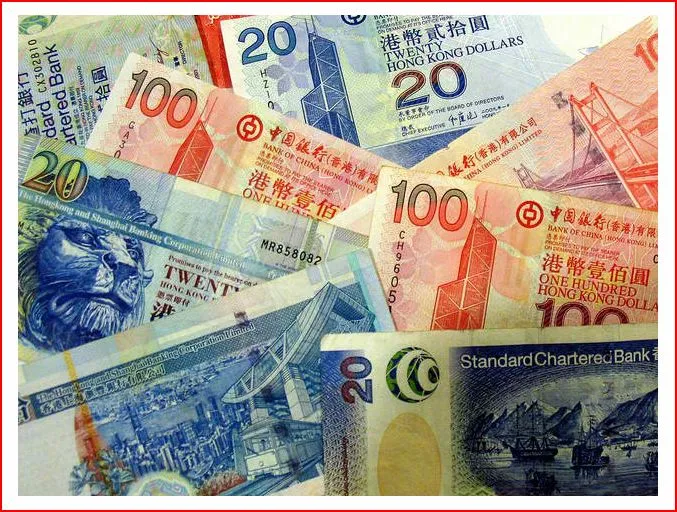
The HK$ to US$ peg stays
Controversial peg is pillar of HK policy.
The government said Hong Kong will not change its currency peg against the U.S. dollar. It discounted rumors it is rethinking this policy after being forced into heavy sales to curb the strength of the Hong Kong dollar.
Prof KC Chan, Secretary for Financial Services and the Treasury, emphasized Hong Kong's commitment to the pillar of its monetary policy .
"We have no plans to change the Hong Kong dollar peg," Chan said.
The 29-year-old peg has come under pressure recently with Hong Kong becoming a favorite destination for funds unleashed by major quantitative easing measures in the U.S., Europe and Japan. During the past two weeks, the Hong Kong Monetary Authority sold a total of HK$3.5 billion into the market via nine interventions to weaken the local currency.
The last major change to the peg, which was established in 1983, came in 2005 when the trading band was widened to allow the Hong Kong dollar to trade between 7.75 and 7.85 against the U.S. dollar. Under the peg, the Hong Kong Monetary Authority (HKMA) is forced to intervene when the local currency hits the upper or lower limit.
"We continue to expect the HKMA to maintain the integrity of the HKD peg and do all it needs to in order to keep the system intact," said Paul Mackel, HSBC's head of Asian FX research.
Many analysts expect the big change in policy will only happen when the renminbi becomes freely convertible, in which case the Hong Kong dollar could be re-pegged against the Chinese currency.
The most worrying aspect of the surge of funds into Hong Kong has been the effect on property prices, which have risen 20% in the first nine months of this year, with even small and medium-sized units climbing some 21%.
Fearful of the social impact, the city introduced new measures to curb runaway prices two weeks ago, including a 15% tax on overseas buyers and an increase of the stamp duty on short-term transactions.



















 Advertise
Advertise






